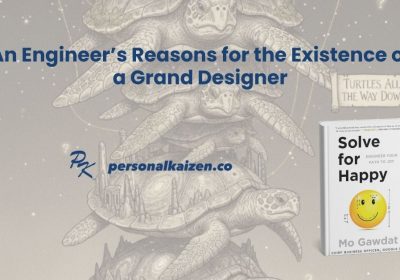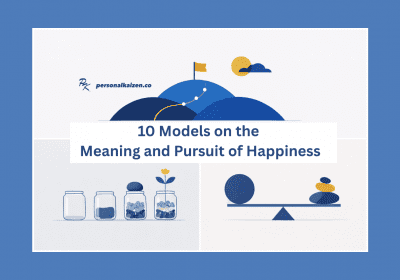A few months ago we shared lessons from bestselling author Dan Buettner’s series, Live to 100: Secrets of the Blue Zones. There are several lessons I have applied to my plans for a long, happy life. Just this past week I heard an interview that questioned whether the Blue Zones are real, or instead a case of bad data. Here is what I found out through a bit of research.
Live to 100: Secrets of the Blue Zones
Dan Buettner’s Netflix series Live to 100: Secrets of the Blue Zones describes areas of the world with higher life expectancies and a large number of people who live to age 100. The regions include:

- The Japanese island, Okinawa
- The small, rural island of Ikaria, Greece
- The community of Seventh Day Adventists in Loma Linda, California
- The mountainous island of Sardinia, Italy
- The Nicoya Peninsula on the Northeastern Pacific coast of Costa Rica
For a summary of the key lessons from the series visit our post, Live the Secrets of the Blue Zones for a Long, Happy Life.
Challenging the Blue Zones
A researcher recently submitted a pre-print study challenging some of the rationale behind the selection of the Blue Zone regions above. The researcher notes that many of the blue zone regions have suspect or poor birth record accuracy. In fact, many of the areas of the world with the highest life expectancies have low per capita incomes and a short life expectancy. This suggests fraud and error as a reason!

Why would anyone lie to make themselves older? To qualify for Social Security payments and Medicare much sooner. A 40-year-old who claimed they were 55 when new forms were introduced in 1950 would be 105 years old (but actually only 90) when Buettner was researching them in 2000. They would have no reason to lie about their true age many years later.
It has also been noted that the health and longevity of people in Blue Zone regions have decreased recently. Much of this decrease in longevity is due to modernization (and especially the Western diet) finally becoming more common in these remote regions. The Western diet is not healthy and is more likely to be adopted in a poorer region.
While this criticism makes sense to me (and is likely true), I don’t know that it affects Buettner’s secrets of the Blue Zones. You can read Buettner’s response to the criticism here, but I also find my personal research and experience and the experiment Buettner led to create a Blue Zone suggests his secrets work.
Creating a Blue Zone

Buettner’s Netflix series describes his work applying secrets to blue zones in the small city of Albert Lea, Minnesota. Buettner began collaborating with local politicians in 2009 on improving connectedness and exercise with walking groups, creating new opportunities for volunteering, adding healthier food options, and improving walking and biking trails.
These changes resulted in measurable improvements in the community’s health and well-being, showing that the Blue Zone secrets can work – whether the centenarians Buettner spoke to were lying about their age or not.
Summary
We should always be wary of what we watch and read. Always examine possible motives the source might have:
- What is in it for them? Buettner does sell books and cookbooks, so he has some motive, but not a big one. There are certainly benefits to lying about your age to obtain benefits.
- What biases do they have? For example, Buettner is a vegan, so does he favor data that backs up his chosen diet? When he visits a “blue zone” does he discount data that goes against the story he wants to tell?
- What biases do I have? We all learn based on our own background and experience. My experience with a certain habit or with a relative who lived to a long age may impact how I view any of the data.
This new data questioning the record-keeping in blue zones doesn’t discount all of Buettner’s advice on living a long, healthy life, but it does remind me to be more skeptical of theories.
As always, please share your thoughts below.




